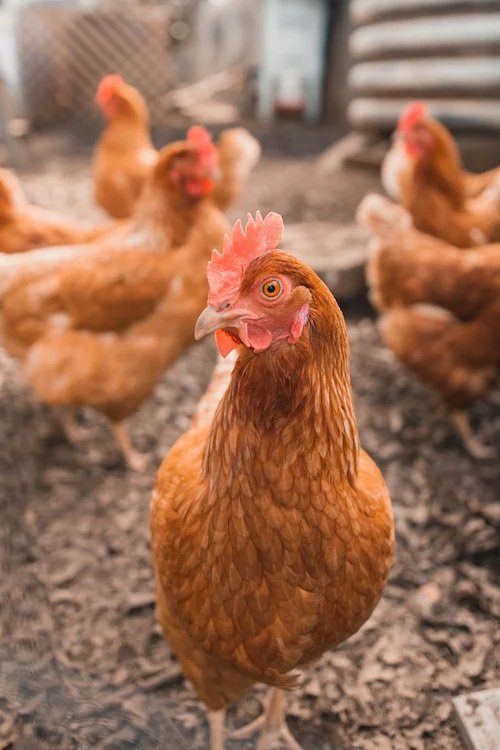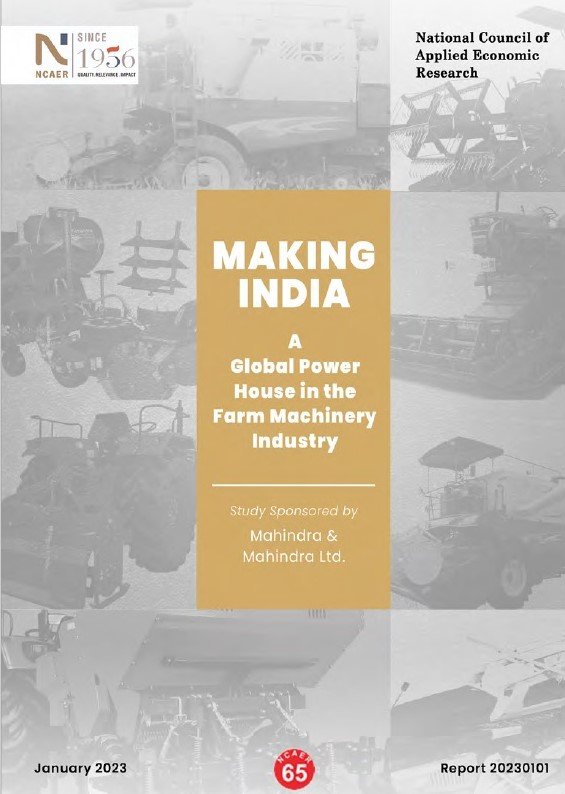By Mallika Verma, Director, Government Affairs, Federation of Seed Industry of India
The Horticulture Cluster Development Programme is going to have a big positive impact on Indian agriculture as it would address the long-pending issues of small-land holdings. The government of India’s latest move would help the large fruit-vegetable farming community and other people dependent on agricultural activities for their livelihood. This programme would increase on-farm productivity and production, and, more importantly, enhance the sale of the marketable volumes of agricultural commodities in the specific geographical regions. All this assumes a great significance in the wake of over 86 percent of farmers being small-land holders.
The government of India has been taking a slew of measures to remove the obstacles that marred the growth of the farm sector for years. The cluster development programme will give impetus to the efforts to improve the farm sector, especially, one that seeks to enhance agricultural income. And it sets to become successful as the government has given serious thought to it. It has taken care of proper monitoring of activities under this programme. And the key point of this programme is developing last-mile connectivity, which will ensure horticulture produce is picked up and transported in time. The use of multi-modal transport will optimise the entire process and boost the chances of exports.
This programme will not be restricted to novel experiments. Rather it would touch upon farmers in hilly, remote areas, where access to resources is limited and market forces are not strong enough. Horticulture crops are often regarded as cash crops and have the potential to enhance farm income substantially in a short period of time. What all needed is awareness, dissemination of correct information to farmers, access to good seeds and other crop inputs, and development of required infrastructure. The government of India appears to have taken care of most of the things. However, small-land holdings turned out to be a big hurdle.
Now the horticulture cluster development programme will bring small farmers together and allow cultivation on a large scale. This will allow higher production of fruit and vegetable crops that are better and uniform in quality. This will certainly attract new buyers, who are ready to pay the higher price. The eNAM can help sell horticulture produce from such horticulture clusters to over 1,200 markets spread across the country. The use of technical solutions including geo-tagging of farm-related infrastructure will help track farm operations and other related activities, allowing the researchers and government officials to carry out effective monitoring under the cluster development programme on a real-time basis.
The setting up of post-harvest and cold-chain infrastructure, use of high-tech tools for monitoring and evaluation, and multimodal transport to ensure last-mile connectivity, will ensure timely harvest and crop collection and its transportation to the destination markets while it is still fresh, allowing farmers to get the best remuneration. At the same time, it will boost the possibility of exports and demand, as well as maintain the potential value of horticulture produce for food processing.
India is the second largest producer of horticulture in the world, with 12 percent share in global production. However, India’s share in the global horticulture export is less than 2 percent. There is a scope for India to increase exports as the diverse climatic conditions facilitate production of a variety of horticulture crops. There are successful examples of horticulture clusters in India. In Uttar Pradesh, such clusters are formed for mango while Tamil Nadu has clusters for bananas, mango and chilli.
The cluster development programme can also use the wisdom generated by the Agriculture Export Zone scheme of central Government implemented through APEDA and help farmers in saving money as well as resolve conflicts. They can have a good irrigation system built by pooling funds. The conflicts over water resource sharing or land boundary or grazing can be resolved as they come together and consider all land parcels in the cluster as one farm. Economies of scale for production and quality improvement can be easily implemented. The government machinery too can work effectively and ensure the best possible help with its entire focus on one entity rather than several small farms. There is a scope for innovations in the field. Overall, the cluster development project has tremendous potential to transform Indian horticulture and the lives of farmers.
By Mallika Verma, Director, Government Affairs, Federation














